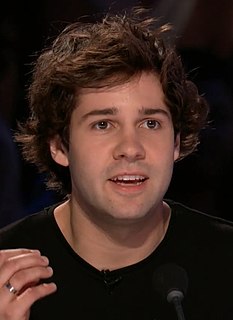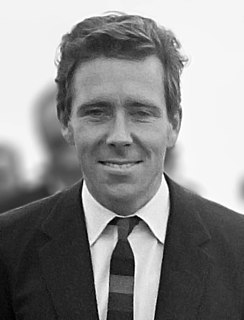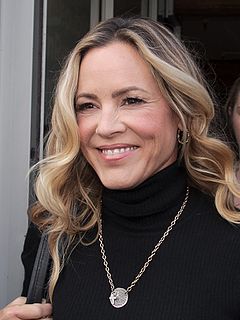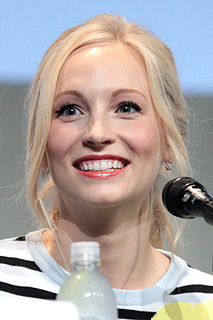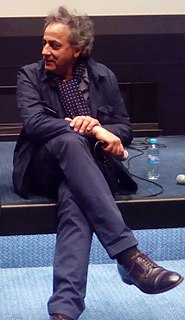A Quote by Rachel Morrison
Documentaries are inherently instinctual; you're constantly moment to moment, determining what the best place for the camera is to tell the story, usually in service of natural lighting.
Related Quotes
I don't paint, and I can't draw, but I see things, I think, quite well, and I love being able to freeze things with the camera, particularly the children. Then I discovered with the camera that you can tell a whole story with just freezing a moment in reality. I find it a very good way, a very satisfying feeling.
I don't really have a method or a technical process. I studied [Sanford] Meisner, and that's the thing that really works for me. That sort of instinctual, in the moment, what the other actors do, working off them and letting the story unfold, as opposed to having an idea of what the story should be.
I started in documentaries. I started alone with a camera. Alone. Totally alone. Shooting, editing short documentaries for a French-Canadian part of CBC. So to deal with the camera alone, to approach reality alone, meant so much. I made a few dozen small documentaries, and that was the birth of a way to approach reality with a camera.
There is no better moment than this moment, when we're anticipating the actual moment itself. All of the moments that lead up to the actual moment are truly the best moments. Those are the moments that are filled with good times. Those are the moments in which you are able to think that it is going to be perfect, when the moment actually happens. But, the moment is reality, and reality always kinda sucks!
I am absolutely certain that generations from now, we will be able to look back and tell our children that this was the moment when we began to provide care for the sick and good jobs to the jobless; this was the moment when the rise of the oceans began to slow and our planet began to heal; this was the moment when we ended a war and secured our nation and restored our image as the last, best hope on earth. This was the moment - this was the time - when we came together to remake this great nation so that it may always reflect our very best selves and our highest ideals.
In case you haven't heard, my girlfriends and I have declared the summer of 2012 as the best summer ever. The best way to document said 'best summer ever' is with a good ol' disposable camera. Smile, click, move on! Nobody gets pic approval, and there's no time wasted gathering around the camera to analyze a moment that just happened.

